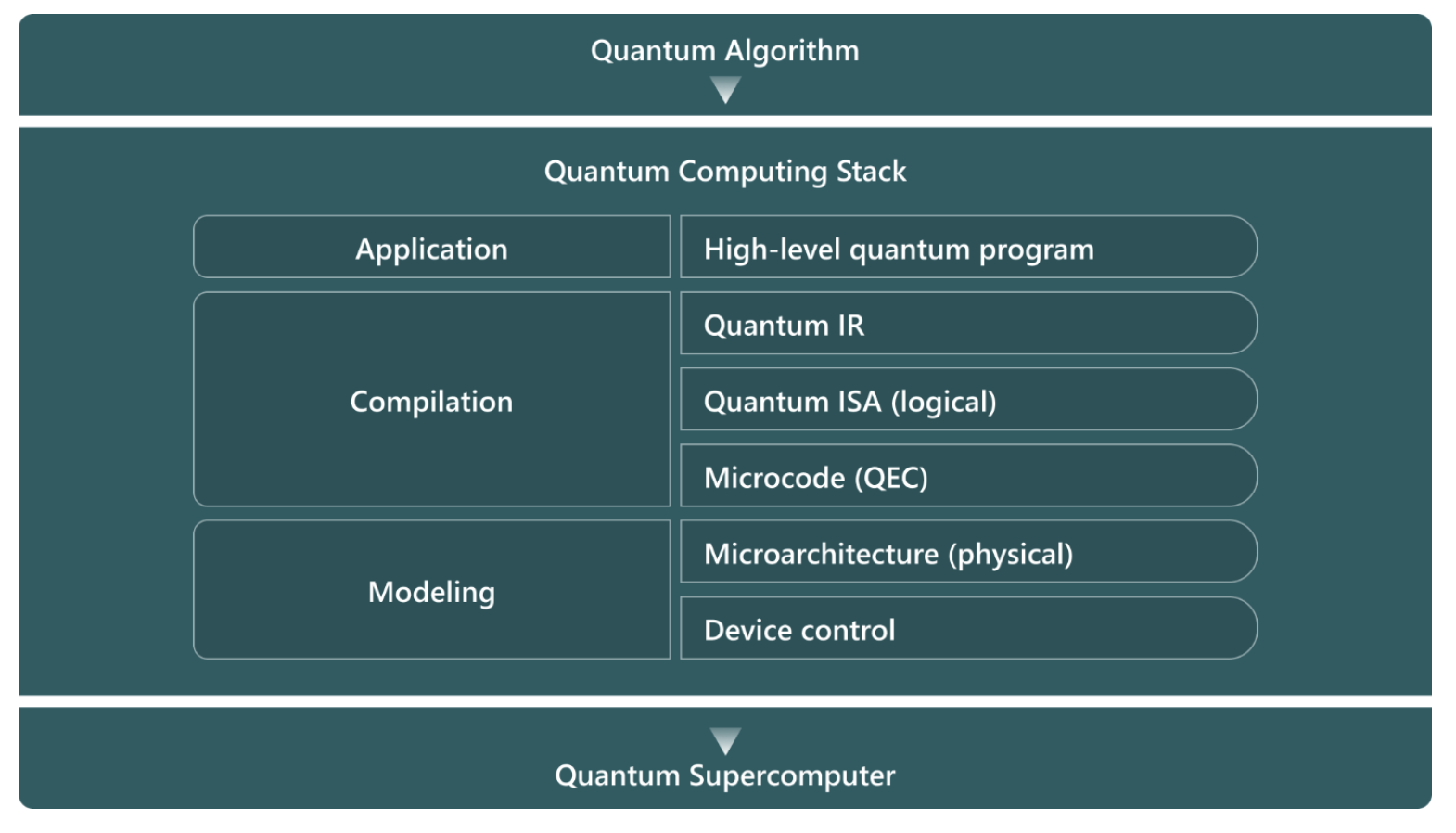Microsoft Unveils Open Source Azure Quantum Resource Estimator, Prepares For Fault Tolerant Quantum Computing

Insider Brief
- Microsoft’s Azure Quantum Resource Estimator is now open source and contributes to a 100x performance increase.
- The Azure Quantum Resource Estimator aims to guide research and development towards effective logical qubit applications.
- The development team reports that the tool is designed to benchmark solutions and foster collaboration across various disciplines.
Microsoft’s Azure Quantum Resource Estimator is now open source and can contribute a 100x increase in performance, according to a blog post from Microsoft development team.
“We are excited to announce that following its initial release the Azure Quantum Resource Estimator is now open-source. It has been integrated with the Modern QDK making it run up to 100x faster, and running across PC, Mac, Linux or from your web browser,” writes the team, including Fabrice Frachon, Principal PM Lead, Azure Quantum; Mathias Soeken, Senior Software Engineer, Quantum and Ivan Basov Principal Quantum Software Engineer, Microsoft Quantum.
The team added that this is crucial in a time when quantum computing is on the brink of revolutionizing various sectors, from materials science to cryptography.
Resource estimation is extremely important in today’s quantum computing landscape cannot be overstated, according to the post. The team suggests that the consensus in the quantum community is that the industry has surpassed the era of Noisy Intermediate-Scale Quantum (NISQ) machines, which lack practical quantum advantage. The focus now shifts to achieving practical quantum advantage in small-data problems that promise super-polynomial quantum speedup. This is particularly pertinent in the simulation of quantum systems across physics, chemistry and materials science.
However, several unanswered questions remain in the field, including the identification of the most promising quantum algorithms and the most suitable qubit technologies for practical quantum supercomputers. The Azure Quantum Resource Estimator aims to address these questions, guiding research and development towards effective logical qubit applications, writes the team.
The team writes: “Achieving practical quantum advantage will require improvements and domain expertise at every level of the quantum computing stack. A unified open-source tool to benchmark solutions and collaborate across disciplines will speed up our path toward a quantum supercomputer: this is the premise of Azure Quantum Resource Estimator.”
The Resource Estimator is a unified, open-source tool designed to benchmark solutions and foster collaboration across various disciplines in the quantum computing stack. It serves a broad range of users, from application developers to researchers and teams working on various aspects of quantum computing, such as language compilers, error correction codes, and qubit technology. Its ability to provide quick assessments of theoretical or empirical enhancements across the quantum stack is a key feature, offering valuable insights into how individual or collective efforts can advance the field.
Starting with the Resource Estimator is straightforward, with minimal initial inputs required. Users can customize their experience by adjusting and exploring a myriad of system characteristics. The platform’s capacity to rapidly explore thousands of potential solutions significantly accelerates the development lifecycle. It allows users to efficiently review trade-offs between computation time and the number of physical qubits. This flexibility is evident in the range of adjustable parameters, from qubit specifics and instruction sets to error rates and quantum error correction (QEC) schemas.
Furthermore, the Resource Estimator is versatile in its compatibility, supporting various software development kits (SDKs) such as Q#, Qiskit, and optimized Quantum Intermediate Representation (QIR) from existing compiler chains. For those ready to begin, the platform offers a range of options, including no-code exploration for quantum computing resource estimates in cryptography and no-install Q# estimates using VS Code for the Web.
Microsoft’s move to make the Azure Quantum Resource Estimator open source not only democratizes access to advanced quantum computing resource estimation but also invites collaboration and contributions from the global quantum computing community. Interested individuals and teams can participate in the open-source project and contribute to its development, a step that aligns with the broader goal of accelerating the journey towards practical quantum computing.
For more information and to get involved, visit the Azure Quantum Resource Estimator’s open-source project page at https://aka.ms/AQ/RE/OpenSource.
